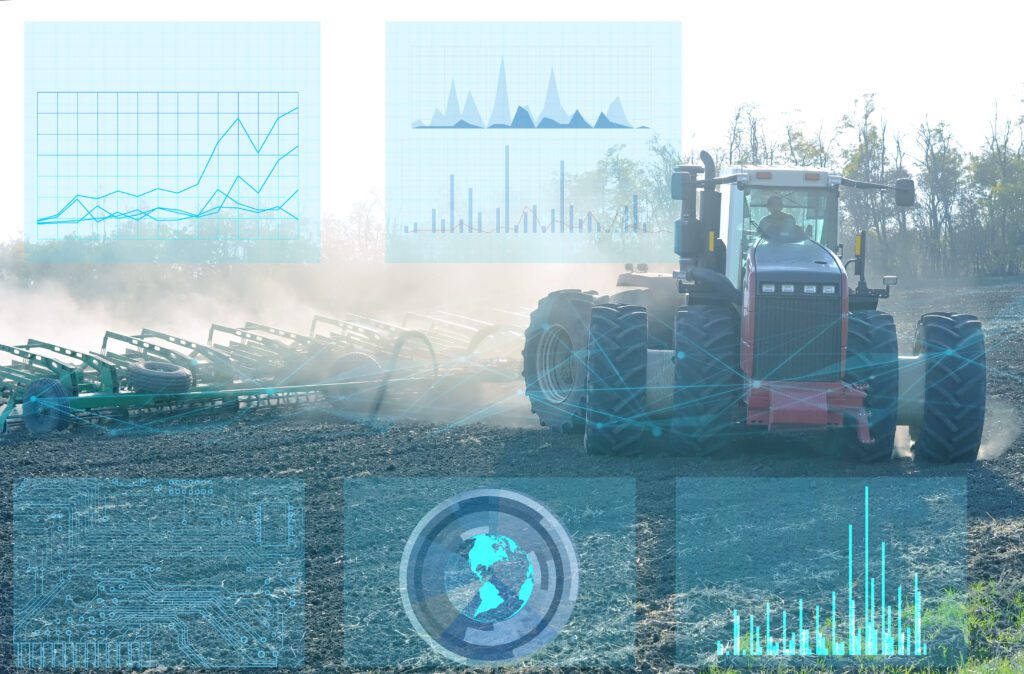UF Agriculture Economist Using AgTools to Give Growers an Edge
by K. MICHELE TRICE
Dr. Kimberly Morgan, associate professor and extension agricultural economist with the University of Florida, is using innovative software to help Florida farmers and growers increase their access to vital data and improve their negotiating abilities.
Morgan is using AgTools, a worldwide SaaS (Software as a Service) platform that gathers real-time government and institutional data for more than 500 specialty crops and commodities, according to its website. She — along with farmers and growers worldwide — is able to use AgTools to source valuable data regarding price setting and evaluating costs, along with nearly 100 additional value points.
“AgTools is a database of pricing data specific to fruits and vegetables,” Morgan says. “They also collect other important data for growers, including temperature conditions for different regions, import/export trends and sources, and growth cycle information.”
All of this information — along with a wide array of other data sets — is available on one convenient dashboard, Morgan says. She says the platform provides farmers and growers with disease prevalence in each location from the seed stage to the fruit stage.
“This lets buyers know if there are disease issues with a fruit or vegetable in a particular area,” she says.
Farmers and growers can take that disease information into their price negotiations with buyers and be able to show with specific data that their fruit was grown in an area with ideal growing conditions and no disease issues. Using that information as a comparison with other growing areas allows farmers to command a higher price for a quality product.
“This is not insider information,” Morgan says. “This is USDA information.”
“With fruits and vegetables, farmers are moving a fresh product,” Morgan says. “There is a short market window. Farmers need a market as soon as the product comes off the vine or tree.”
Morgan says the AgTools platform levels the playing field for both growers and buyers. She explains that growers are able to get retail data points for various terminal markets, such as Atlanta, Boston, and Chicago. The software provides shipping point prices so growers can see the prices at the packing locations closest to them.
“This pulls data from trusted sources in almost real time,” Morgan says. “It has charts, figures, and tables by package size and grade quality. In a world where prices can go up and down by 100 percent in 24 hours, this is vital data.”
Most larger growers have someone on staff who tracks information of this nature. But this, Morgan says, “is for the intermediate grower who doesn’t have a staff.”
AgTools is a subscription-based product with daily updates. Farmers and growers are able to purchase a subscription to whatever commodity they are growing. Growers can purchase a subscription to one commodity or to multiples if they farm multiple crops.
“A lot of growers see themselves as price takers,” Morgan says. “They don’t have the time to research all of the factors involved in price setting.”
“This allows growers to be price setters,” she continues. “They can approach the bargaining table with information that is current. They can show buyers data in real time in order to advocate for their product.”
“This gives growers the data to get the price they need,” she says.
Morgan says both farmers and buyers can use AgTools in a way that helps them achieve their sustainability goals. Growers can work with markets close to their region and demonstrate that a shorter shipping distance can help achieve those sustainability goals many markets have in place.
Knowing the price trends and history in real time, including greenhouse miles, the quality of a product, and seasonality make a big difference for buyers and markets as well, Morgan says. “It really does level the playing field.”
Cost and revenue, according to Morgan, aren’t just about how much product a farmer or grower can produce but about what they can get for each unit when they sell their product.
“Growers feel like, ‘It is what it is,’ ” Morgan says, “but they have more power than they might think.”
“The ability to negotiate prices gives them a little bit of power back.”

